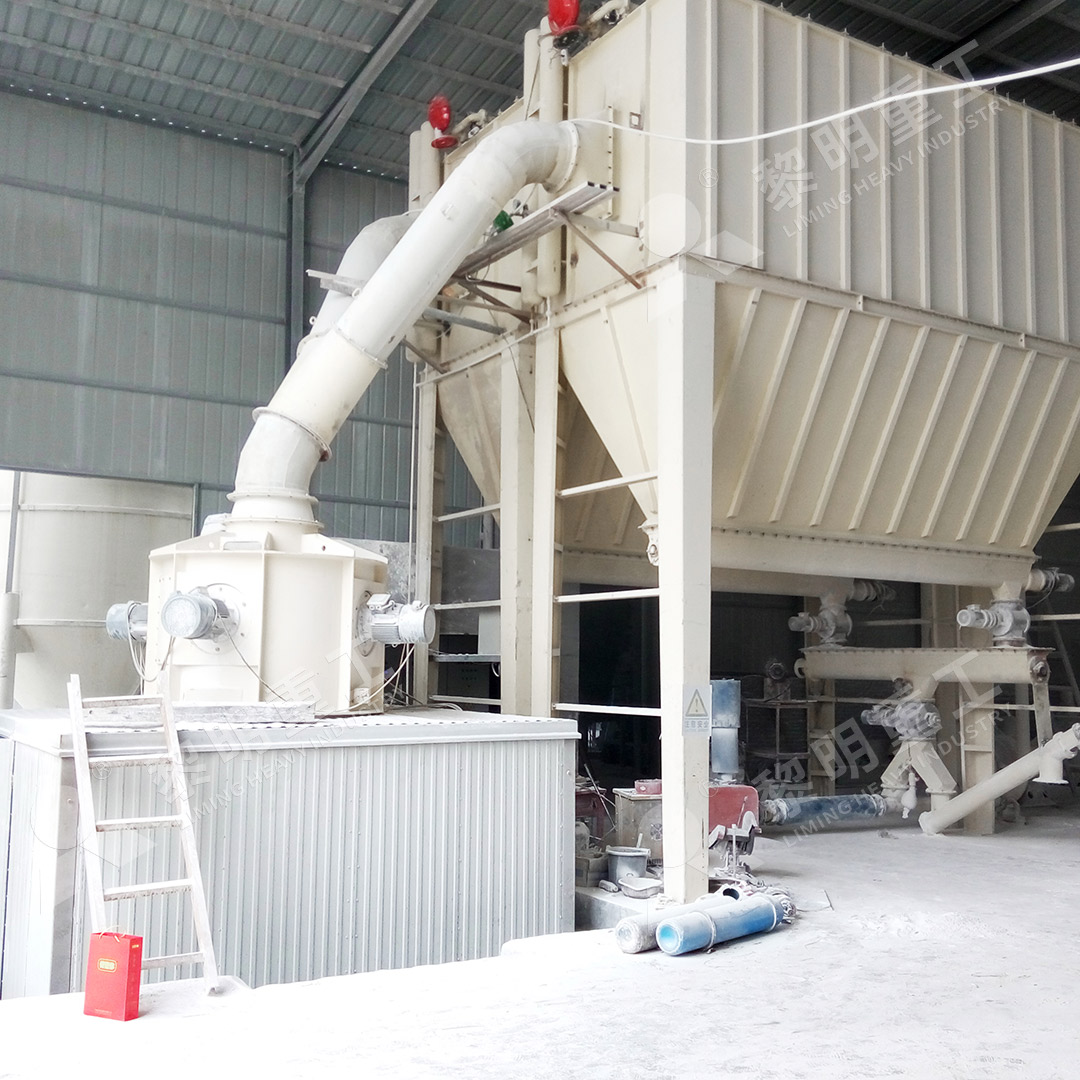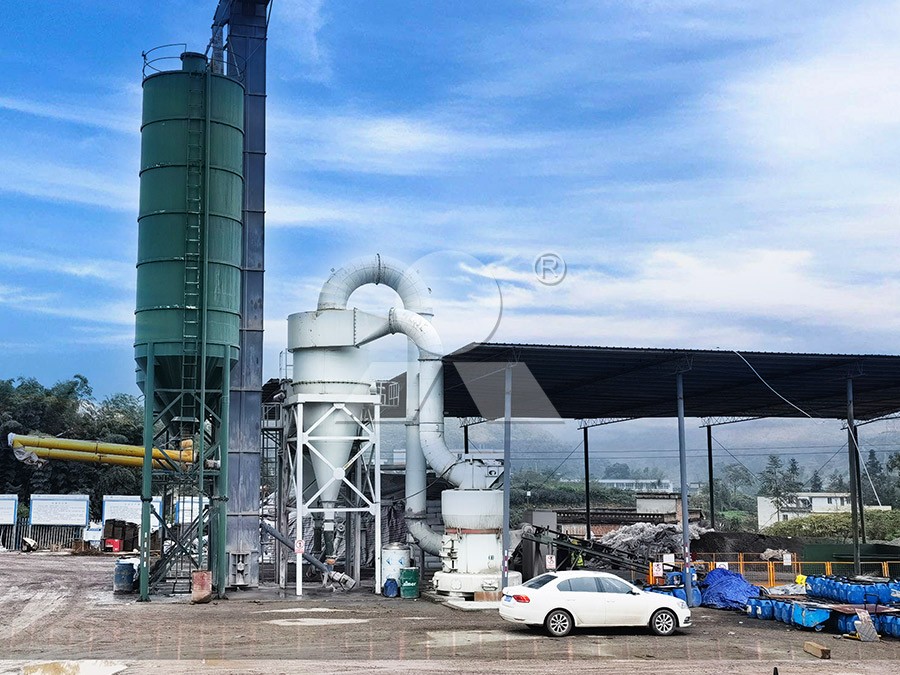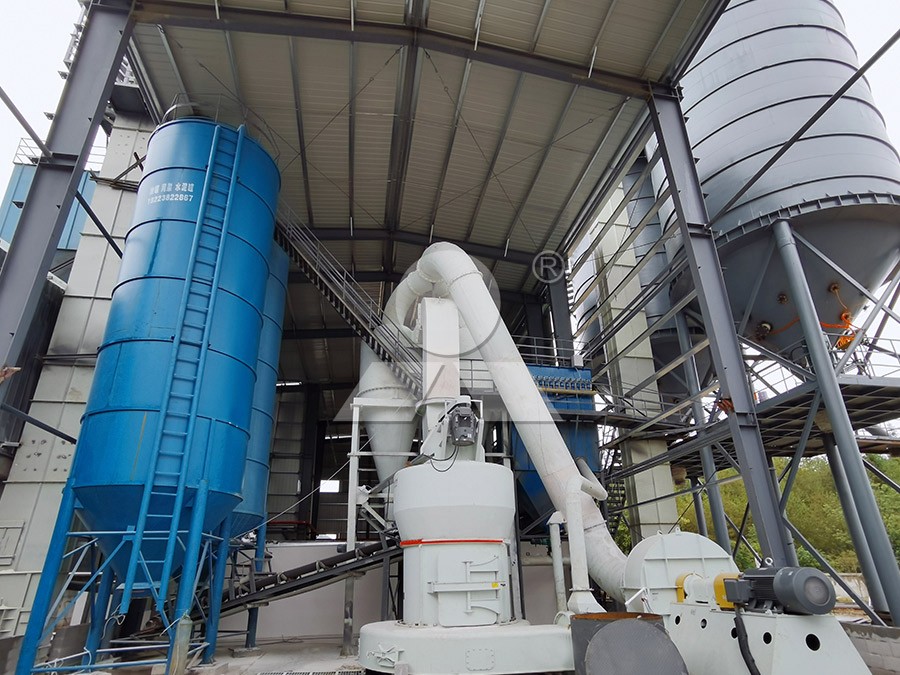Top Raymond Mill Manufacturers for High-End Industrial Milling
We provide a wide range of mills — including Raymond mill, trapezoidal mill, vertical mill, ultrafine mill, and ball mill, obtained ISO9001 international quality certification, EU CE certification, and Customs Union CU-TR certification. Suitable for processing minerals such as limestone, phosphate, quicklime, kaolin, talc, barite, bentonite, calcium carbonate, dolomite, coal, gypsum, clay, carbon black, slag, cement raw materials, cement clinker, and more.
The discharge range of these mills can be adjusted to meet specific processing needs, typically from 80-400 mesh, 600-3250 mesh, and can achieve the finest particle size of up to 6000 mesh(D50).
If you are looking for a reliable grinding solution to turn stone or minerals into fine powder, please feel free to contact our online customer service.
Navigating the World of High-Performance Industrial Milling
For plant managers and procurement specialists, selecting the right milling equipment represents one of the most critical capital investment decisions. The industrial milling landscape has evolved dramatically from traditional Raymond mill designs to sophisticated systems capable of producing ultrafine powders with unprecedented efficiency. Leading manufacturers have responded to market demands for higher throughput, reduced energy consumption, and stricter environmental compliance.

The Evolution Beyond Conventional Raymond Mills
While conventional Raymond mills established the foundation for industrial powder processing, contemporary operations require more advanced solutions. Modern milling challenges include achieving finer particle distributions, managing heat-sensitive materials, and meeting rigorous environmental standards. This has driven innovation toward systems that integrate multiple processes while minimizing operational costs.
Among the standout solutions addressing these needs is the MW Ultrafine Grinding Mill, engineered for operations requiring ultra-fine powder production between 325-2500 meshes. What sets this system apart is its innovative approach to energy efficiency, delivering production capacity 40% higher than jet grinding mills while consuming only 30% of the energy. The absence of rolling bearings and screws within the grinding chamber eliminates common failure points, while the external lubrication system enables continuous 24-hour operation without shutdowns for maintenance.
Key Considerations for Mill Selection
When evaluating milling equipment, several factors demand careful assessment. Throughput requirements must align with production goals, while particle size distribution specifications dictate the appropriate technology. Material characteristics—including hardness, moisture content, and abrasiveness—significantly influence equipment selection and operational parameters.

Another critical consideration is the total cost of ownership, which extends beyond the initial investment to include energy consumption, maintenance requirements, and spare parts availability. The most forward-thinking manufacturers address these concerns through designs that minimize downtime and optimize operational efficiency.
Advanced Solutions for Demanding Applications
For operations processing materials like limestone, calcite, dolomite, or specialized applications in chemicals, paints, and cosmetics, the LUM Ultrafine Vertical Grinding Mill presents a compelling option. This system incorporates German powder separating technology and Taiwanese grinding roller advancements to deliver exceptional precision. Its reversible structure simplifies maintenance procedures, while double position-limiting technology ensures operational stability even under variable conditions.
The integration of PLC control systems and multi-head powder separating technology allows precise adjustment of grinding parameters, enabling operators to respond quickly to changing production requirements. This flexibility, combined with energy savings of 30-50% compared to conventional mills, makes such systems particularly valuable in competitive manufacturing environments.

Environmental Compliance and Operational Efficiency
Modern milling operations cannot overlook environmental considerations. Advanced systems now incorporate efficient pulse dust collectors and noise reduction technologies to minimize their ecological footprint. The MW Ultrafine Grinding Mill, for instance, operates with no dust pollution and significantly reduced noise levels, aligning with stringent international environmental standards.
Digitalization has further transformed milling operations, with numerical control ensuring machining precision for core components. This manufacturing approach guarantees consistent performance and extends equipment lifespan, ultimately protecting the operator’s investment.
Frequently Asked Questions
What distinguishes modern ultrafine grinding mills from traditional Raymond mills?
Contemporary systems like the MW Ultrafine Grinding Mill incorporate advanced separation technologies, precision engineering, and energy-efficient designs that significantly outperform traditional Raymond mills in both output quality and operational economy.
How important is after-sales support when selecting milling equipment?
Extremely critical. Reputable manufacturers provide comprehensive technical services and genuine spare parts to ensure worry-free operation. This support minimizes downtime and protects your production capacity.
Can these milling systems handle heat-sensitive materials?
Yes, advanced systems feature optimized airflow and temperature control mechanisms that make them suitable for processing heat-sensitive materials without degradation.
What maintenance advantages do modern designs offer?
Innovations like external lubrication systems, reversible structures, and the elimination of internal bearings and screws dramatically reduce maintenance requirements and associated downtime.
